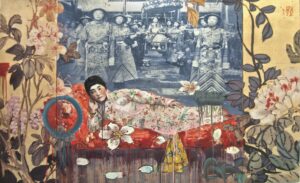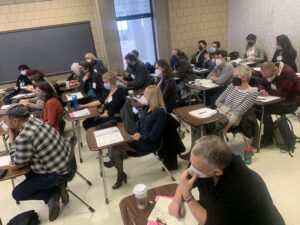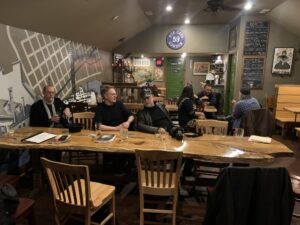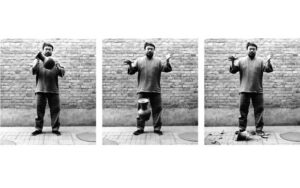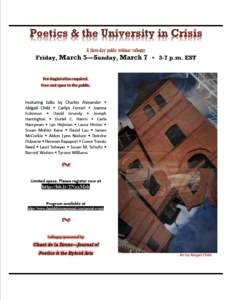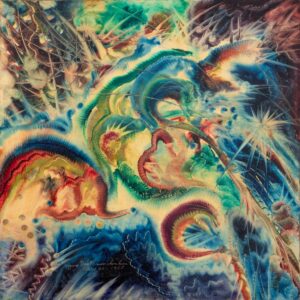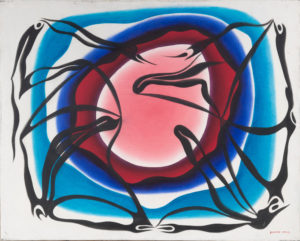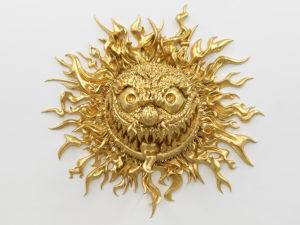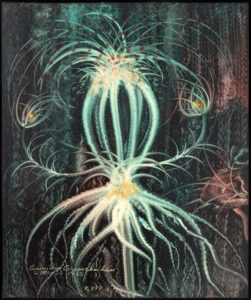Diasporic Avant-Gardes:
East Asian Transitions in Form and Genre
ACLA Virtual Conference, 15–18 June 2022
GUESTS WELCOME WITH REGISTRATION/SEE BELOW
NOTE REVISED SEMINAR SCHEDULE
Organized by Barrett Watten, Wayne State University
and Lauri Scheyer, Hunan Normal University
Seminar program
Session 1: Diasporic Regions
Thursday June 16, 8:30–10:15 AM PDT/11:30 AM–1:15 PM EDTIntroduction: Diasporic Avant-Gardes
Barrett Watten, WSU: “East Asian/Asian American: Displacement and Innovation in Hung Liu’s Collective Portraits and Tao Lin’s Autofictions”
David Perry, NYU Shanghai: “Internal Migrations, Deep-Time Retreats, and Solastalgia: Anthropocenic Arrivals, Departures, and Exile in 21st Century Avant-Garde Mainland Chinese Poetry”
A.J. Carruthers, Nanjing U: “Avant-Garde Austalgia”
Session 2: Transition/hybridity
Friday June 17, 8:30–10:15 AM PDT/11:30 AM–1:15 PM EDTLauri Scheyer, Hunan Normal U: “Asian American/East Asian Identifications with African American Poetry”
Katie Bradshaw, U Tennessee: “The ‘Dragging Foot’ of José Garcia Villa’s Performative ‘Comma Poems’”
Carla Harryman, Eastern Michigan U: “Reciprocal Echoes of Citation and Photographic Document in Mary Kim Arnold’s Essay ‘Litany for the Long Moment’”
Edwin Torres, Poet New York: “The Inter-Lingo of Language-Seeing: between what is heard and what is held onto”
Session 3: Translational Avant-Gardes
Saturday June 18 / 8:30–10:15 AM PDT/11:30 AM–1:15 PM EDTLucas Klein, Arizona SU: “‘Rivers of When, Why, and What’: Translational Sinophone Poetry”
Spencer Lee-Lenfield, Yale U: “Diasporic Translation and Historical Emplacement: Emigrant Translators between Korean and English”
Katharine Streip, Concordia U: “J’écoutais les cygnes: Theresa Hak Kyung Cha’s Alchemical Dictation”
Hyunjung Kim, Texas A&M U: “Don Mee Choi’s Salivary Poetics: (Non)silent Translation of Kim Hyesoon’s Poetry”
